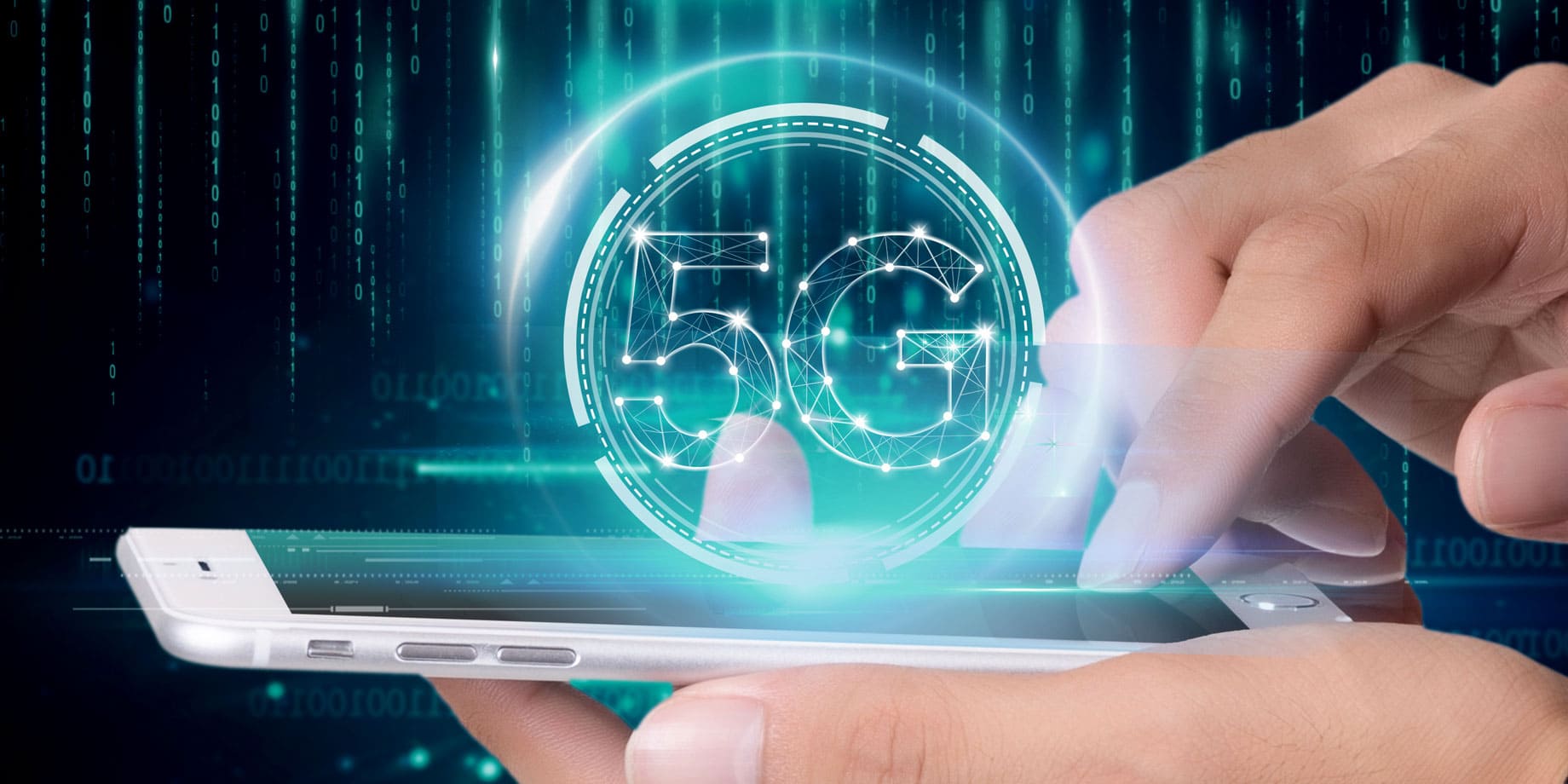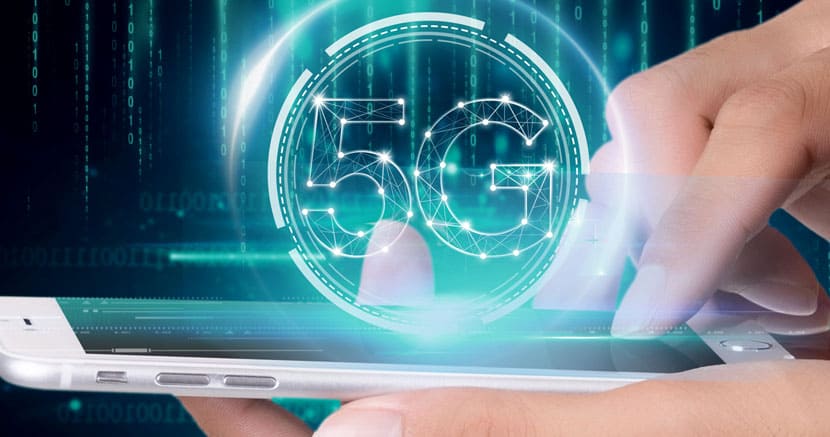5G Myths
Cornerstone’s Community, Government Relations and Media Manager, Dr Ilana Clark, shares her thoughts on the discussion about radio waves and health.
As 5G technology is deployed across the country, more and more services are becoming available, gradually transforming our lives. 5G’s ability to deliver real-time information (low latency), ultra-fast speeds (critical for high definition images and video), increased capacity, and security, can allow for example, engineers to receive real-time instructions on how to fix a machine on a production line. Educators are also exploring the use of Virtual Reality (VR) technologies for learning over the 5G network.
Health care is undergoing a rapid digital transformation too. We are all becoming used to relying on remote healthcare services, such as virtual GP appointments, and ordering online deliveries of medical supplies. Trials have shown that connecting ambulance crews to expert resources using 5G allows paramedics to work with doctors and conduct specialist procedures in real-time, whilst on the road. 5G is providing the infrastructure required to deliver remote health services over the next decade.
However, there are members of the public that have significant concerns about 5G and health, with over 20% of the queries that the Cornerstone’s Community team receive mentioning this issue. Recent nationwide incidents of arson and vandalism have shown that these concerns have a real effect on our network of base stations. We know that many people receive their health information from social media platforms which are hardly regulated and makes it difficult to validate any ideas presented.



